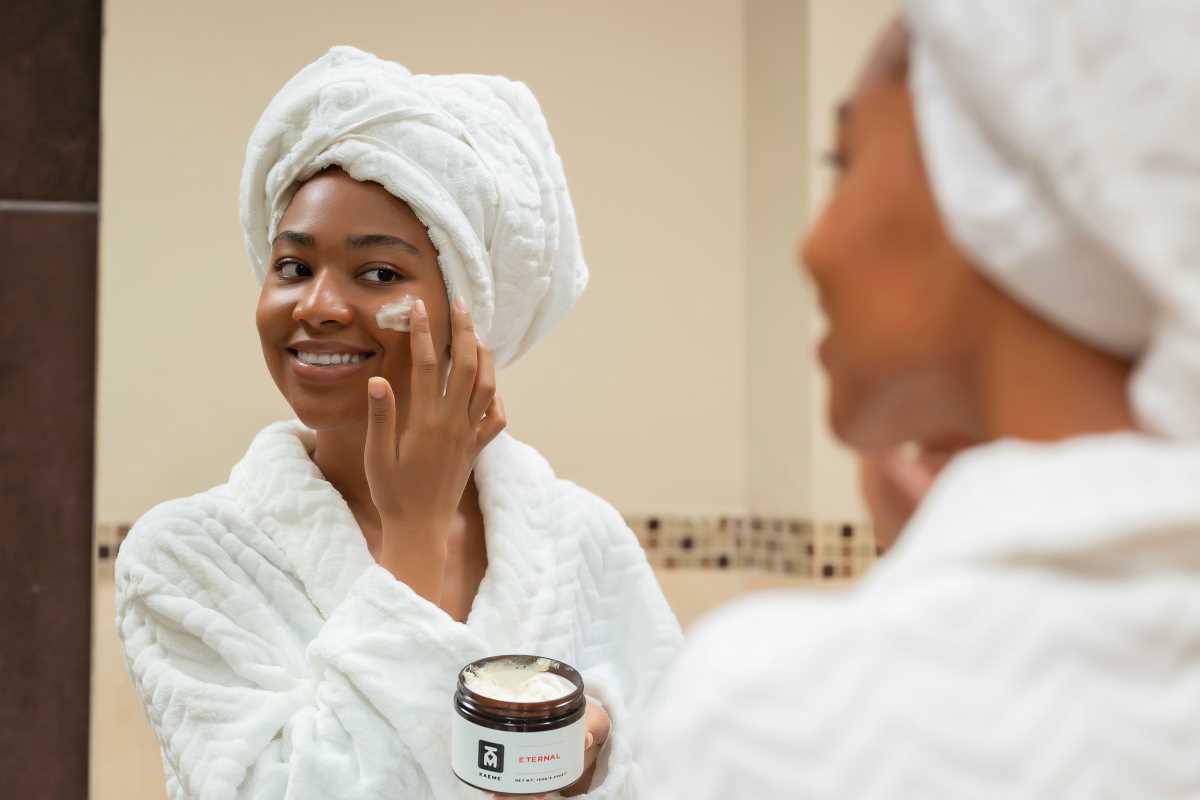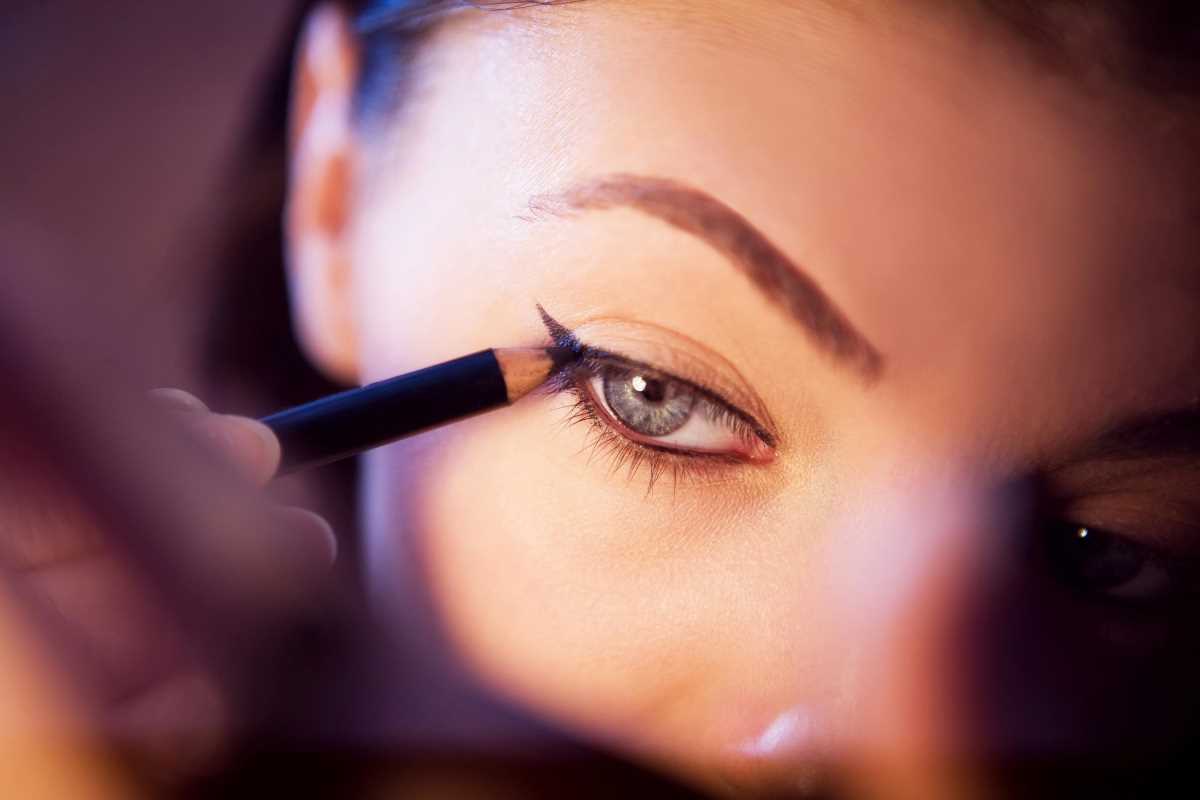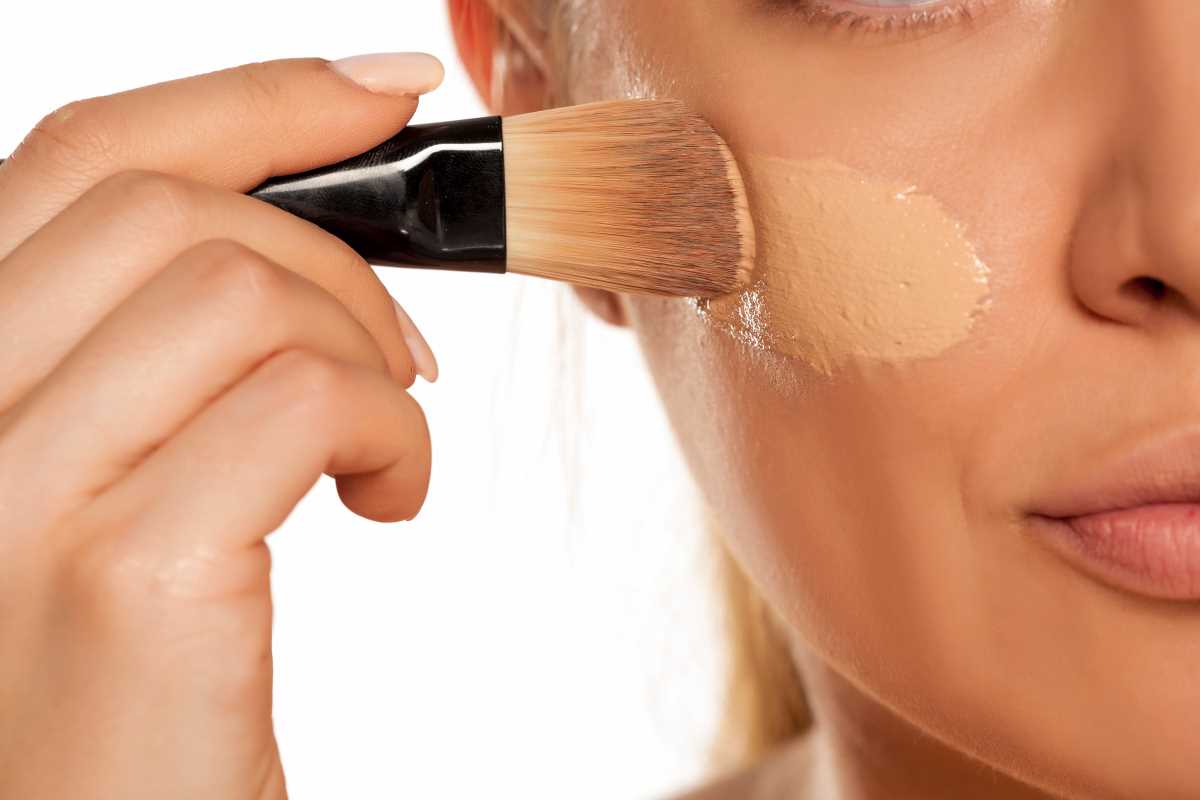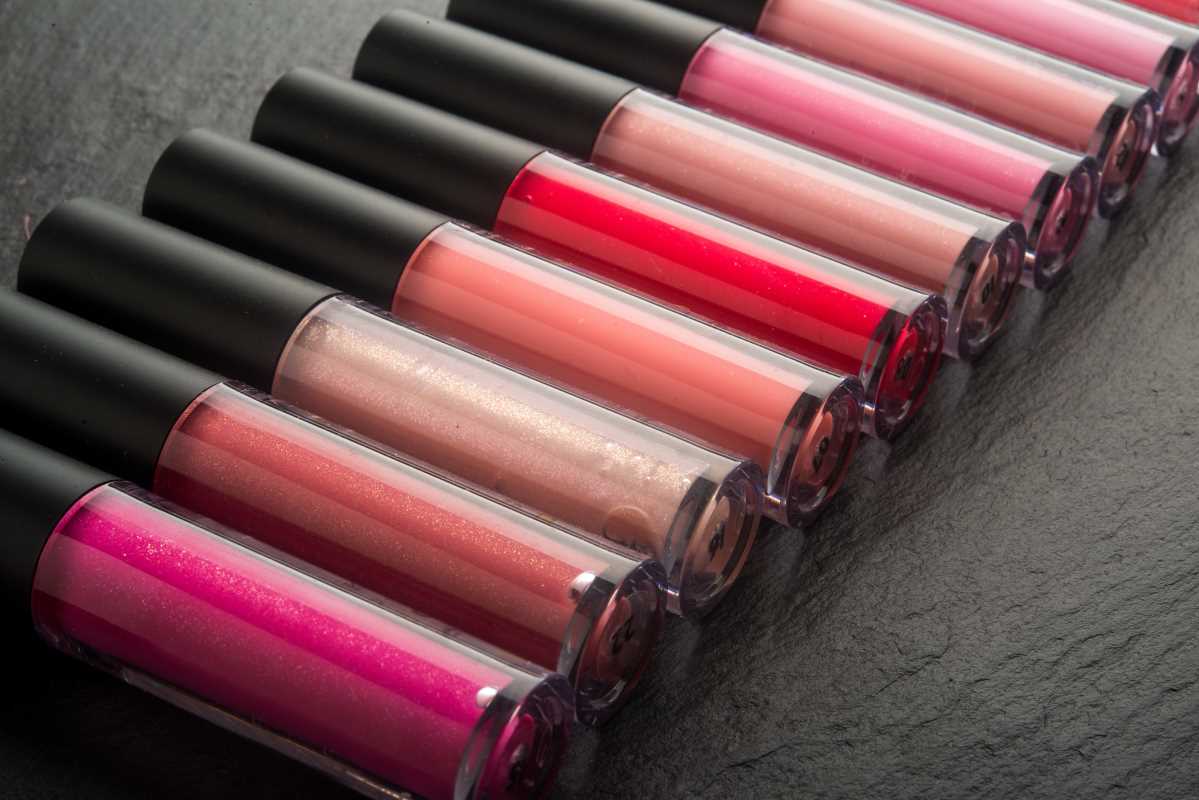You go to bed feeling exhausted and wake up looking the part, with dull, tired skin staring back at you in the mirror. It can be disheartening when a full night's sleep doesn't translate to a fresh, radiant complexion. This is where a good night cream becomes an important part of your routine. While you sleep, your skin enters a powerful repair and regeneration mode. A high-quality product is specifically designed to support this natural process, delivering a concentrated dose of active ingredients to hydrate, repair, and rejuvenate your skin. Think of it as a support crew for your skin, working hard overnight so you can wake up looking rested, smooth, and glowing. We will help you discover the best night creams for truly rested morning skin.
The Difference Between Day Cream and Night Cream
It's a common question: Do you really need two separate moisturizers? The answer is yes, because your skin has different needs during the day versus at night. Day creams are formulated to protect your skin from environmental stressors. They are typically lightweight, absorb quickly, and often contain SPF to shield you from sun damage. Their primary job is to create a barrier against pollution, UV rays, and other daytime aggressors while providing a smooth base for makeup. They focus on defense.
Night creams, on the other hand, are all about repair and rejuvenation. During sleep, your skin's regeneration process kicks into high gear. Blood flow to the skin increases, and the production of collagen and the repair of cell damage accelerate. They are formulated to complement and enhance this activity. They are generally richer and thicker than day creams and are packed with active ingredients that work best without sun exposure, such as retinoids and exfoliating acids. Their purpose is to deliver intense hydration and targeted treatments while you rest, helping you wake up with healthier, more vibrant skin.
Key Ingredients for Rejuvenated Morning Skin
The effectiveness of a night cream comes down to its active ingredients. Different ingredients target different concerns, from dryness and fine lines to dullness and uneven texture. Here are some of the most powerful ingredients to look for.
Hyaluronic Acid: The Hydration Hero
Hyaluronic acid is a superstar hydrator. It's a molecule that can hold up to 1,000 times its weight in water, acting like a sponge to draw moisture into the skin. Overnight, your skin loses water through a process called transepidermal water loss. A night cream rich in hyaluronic acid helps to counteract this by pulling moisture from the air and locking it into your skin. This intense hydration plumps up the skin, smoothing out fine lines and wrinkles and leaving your complexion looking dewy and supple in the morning.
Retinoids: The Gold Standard for Anti-Aging
Retinoids, which are derivatives of vitamin A, are one of the most studied and effective anti-aging ingredients available. They work by accelerating skin cell turnover, which means they help your skin shed old, dull cells and bring fresh, new cells to the surface. This process helps to reduce the appearance of wrinkles, fade dark spots, and improve overall skin texture. Retinoids also stimulate collagen production, which helps to firm the skin. Over-the-counter options like retinol are a great place to start. Because retinoids can make your skin more sensitive to the sun, they are best used at night.
Peptides: The Firming Building Blocks
Peptides are short chains of amino acids that serve as the building blocks for proteins like collagen and elastin. These proteins are responsible for your skin's firmness, texture, and elasticity. As we age, our natural production of these proteins slows down. Night creams containing peptides can signal your skin to produce more collagen, resulting in firmer, more youthful-looking skin over time. They are a gentle yet effective ingredient for tackling signs of aging without the potential irritation of retinoids.
Alpha-Hydroxy Acids (AHAs): The Exfoliating Powerhouses
Alpha-hydroxy acids, such as glycolic acid and lactic acid, are chemical exfoliants that work by dissolving the bonds between dead skin cells on the surface of your skin. Using a product with AHAs can help to slough off dull, flaky skin, revealing a smoother, brighter complexion underneath. This exfoliation also helps to improve the absorption of other skincare ingredients. Lactic acid is a gentler AHA that also has hydrating properties, making it a great choice for sensitive or dry skin.
Choosing the Right Night Cream for Your Skin Type
While many ingredients are universally beneficial, the best product for you will also depend on your specific skin type.
For Oily or Acne-Prone Skin
People with oily skin often shy away from thick night creams, fearing they will clog pores and cause breakouts. The key is to look for a lightweight, oil-free formula. A gel or gel texture can provide ample hydration without feeling heavy or greasy. Look for "non-comedogenic," meaning they are specifically formulated not to clog pores. Ingredients like salicylic acid can help to keep pores clear, while niacinamide is excellent for regulating oil production and reducing inflammation.
Product suggestions:
- Budget: Neutrogena Hydro Boost Water Gel
- Mid-range: Paula’s Choice Clear Oil-Free Moisturizer
- Luxury: Clinique Dramatically Different Hydrating Jelly
For Dry or Mature Skin
Dry or mature skin benefits most from rich, nourishing creams that provide intense, lasting moisture. Look for formulas with a thick consistency that contain emollients like shea butter, ceramides, and fatty acids. Ceramides are particularly important as they are lipids that help to form the skin's natural barrier, preventing moisture loss and protecting against environmental damage. These rich products will deeply hydrate and restore the skin's barrier overnight.
Product suggestions:
- Budget: CeraVe PM Facial Moisturizing Lotion
- Mid-range: Olay Regenerist Night Recovery Cream
- Luxury: Estée Lauder Advanced Night Repair Synchronized Multi-Recovery Complex
For Sensitive Skin
Sensitive skin requires gentle, soothing ingredients that won't cause irritation or redness. Avoid products with high concentrations of fragrances, alcohol, and aggressive exfoliants. Instead, look for calming ingredients like niacinamide, Centella Asiatica (cica), and colloidal oatmeal. A fragrance-free formula with a simple, effective ingredient list is often the best choice. Peptides are also a great anti-aging option for sensitive skin as they are very well-tolerated.
Product suggestions:
- Budget: Vanicream Moisturizing Cream
- Mid-range: Aveeno Calm + Restore Oat Gel Moisturizer
- Luxury: First Aid Beauty Ultra Repair Cream
How to Get the Most Out of Your Night Cream
Proper application can enhance the benefits of your product and make sure you wake up with the best possible results.
1. Cleanse Thoroughly
Always apply your night cream to a clean face. Use a gentle cleanser to remove all traces of makeup, sunscreen, and grime from the day. This allows the active ingredients to penetrate the skin effectively without being blocked by impurities.
2. Apply to Damp Skin
For maximum absorption, especially with anything containing hyaluronic acid, apply your night cream to slightly damp skin. After cleansing, pat your face gently with a towel, leaving it a little moist. This helps to lock in an extra layer of hydration.
3. Don't Forget Your Neck and Chest
The skin on your neck and chest (décolletage) is just as delicate as the skin on your face and often shows signs of aging just as quickly. Extend your night cream application down to these areas to keep them hydrated, firm, and smooth.
4. Be Consistent
The most important tip for seeing results from any skincare product is consistency. Skincare is a long-term commitment, not a quick fix. Use your night cream every single evening as the final step in your routine. It typically takes at least a month of consistent use to start seeing noticeable improvements in your skin's texture, tone, and overall health.
 (Image via
(Image via





